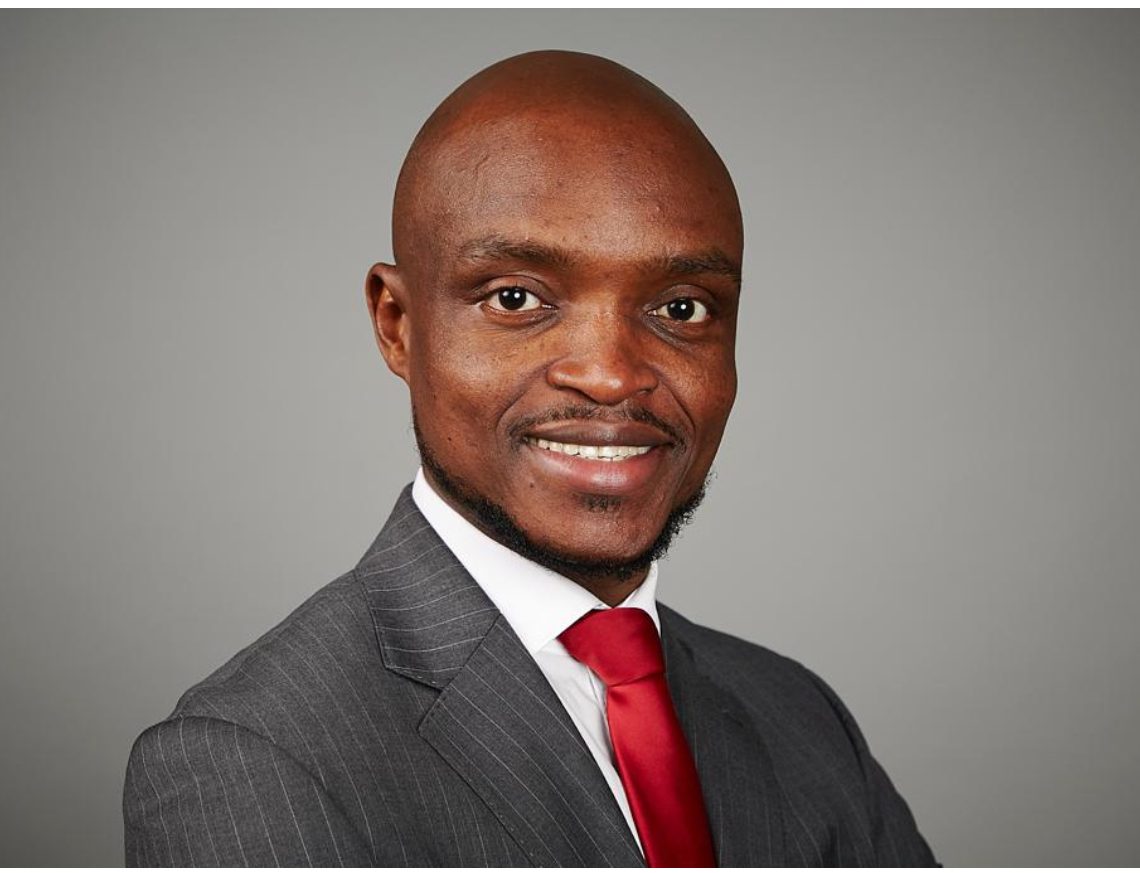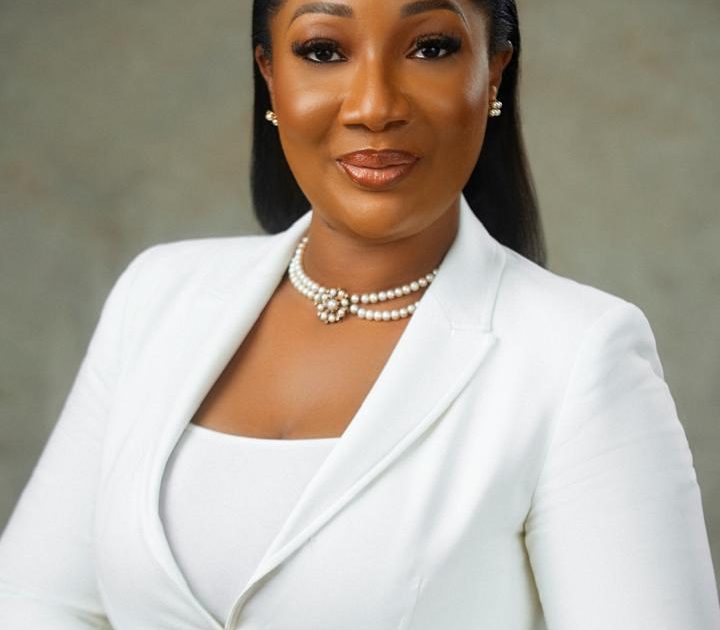How to Become a Remarkable Lawyer

Conversations with Femi Gbede, MBA on the first episode of ALN Mentors’ Corner discussing what it takes to become a remarkable lawyer.
In your opinion, what are the most critical skills and qualities for becoming a remarkable lawyer and how can one develop them effectively?
In my opinion, developing an effective communication skill will always be imperative for any lawyer that wants to go far in the profession. This goes for both speaking and writing. You should never miss an opportunity to develop your communication skills. Communication is key to a lawyer’s business, whether that is to the court, to opposing parties, or to clients. I need to emphasize that having a strong writing ability is as important as having an excellent oral communication skills. In fact, the vast majority of lawyers spend more time writing legal briefs/arguments than oral delivery of those arguments.
Perhaps, another critical skill that’s not often talked about is listening. Many lawyers like the sound of their own voice. Effective listening may be the difference between winning and losing a case. You must be attentive when listening to your client, when cross-examining a witness or when the court is speaking.
I will also put attention to detail and a strong analytical skill high up there. Being able to think on your feet is another critical skill.
To develop many of these skills, aspiring lawyers need to participate in activities that can help them develop those skills. An example will be participating in moot courts to develop speaking and analytical skills, gaining real-world experience through internships, reading case laws, and networking with experienced lawyers for mentorship.
What mindset or perspective shift do you believe is necessary to move from a good lawyer to an exceptional one?
You should be client-centric. Your focus should be more on how to solve your clients’ problems. When you have that mindset, every good thing will come. In the course of solving your clients’ problems, you learn, you make money, you become famous without trying. The richest people in the world are those who solve problems.
It’s also important to not always have the “kill them” mindset. Don’t always focus on winning the case. It’s better to jaw, jaw than to war, war. Understand your client’s broader goals and advise accordingly. Sometimes, it’s better for your client to preserve valuable business relationships than going for the kill in court. If negotiation can keep both parties happy, advise your client to explore that option and facilitate that.
Also, I will say you should not be in the legal profession because you think it’s the pathway to becoming rich. Go into the profession because you have the passion for it. People who have the passion for what they do, are likely to be more fulfilled, happier and perform better. You’ve probably heard of the cliche “ choose a job you love and you will never work a day in your life.”
Lastly, while you should trust your client, you should leave room for positive skepticism. Assume that what your client has told you isn’t the complete story. The client will probably hold back on the part where they were wrong. When you proceed this way, you ask the important questions that will force that client to tell the whole story truthfully. That way, you are not caught by surprise in court or in your interaction with the opposing side.
Can you share a personal mantra or philosophy that guides your work and life?
It’s simple. Prioritize growth over comfort, purpose over praise, and impact over success.
What are some (common) mistakes you see young lawyers make, and how can they avoid them to become remarkable lawyers?
Many young lawyers focus only on technical competence at the expense of soft skills like interpersonal/networking skills, communication, relationship building etc. I often tell young lawyers that I have the opportunity to mentor that when you make it to any top-tier law firm, there’s a presumption that you know what you’re doing. You will learn and be competent in your practice area. There’s no doubt about that. When you become more senior, the conversation will never be about how technically competent you are. At that level, your bosses are looking more at the value you bring to the table beyond technical competence. Technical competence is already a given. They know you can do the work. The determination of who makes partnership will often boil down to your ability to bring in clients, for example, because ultimately, it’s a business. It’s about how you relate with people, your likability, your work ethics, how you deal with clients, your overall contribution to the firm’s growth e.g. participating in firm’s activities, displaying a sense of ownership and all that. The earlier you start cultivating those skills, the better. It will definitely serve you in the long term.
Another mistake that many young lawyers make is not paying attention to detail. This is a critical skill that should not be glossed over. Minor details can have major consequences in a case. You should have the reputation as the junior that pays attention to detail. With that type of reputation, your seniors will want to work with you because they are confident that you will do a great job and they don’t have to worry too much. Your superiors are also your clients. If you make them happy by doing good work for them, and paying attention to detail, they speak highly of you during reviews and you will be on your way up.
Often, young lawyers don’t want to ask questions, especially when staffed on a new assignment. They believe when they ask questions or seek clarification, it’s an indictment on their competence. This is far from the truth. You should ask all the questions you have regarding an assignment and when in doubt about anything, go back and ask. The worst situation to be in, is to spend hours doing the wrong thing. The senior is disappointed because if she has to do it all over again, an important deadline may be missed and it affects the senior’s reputation before the partner, and the partner’s reputation before the client. Of course, your own reputation will be hugely dented as well. You see the ripple effect of not seeking clarification or asking the right questions early on during an assignment?
What advice would you give to someone looking to build a strong and remarkable career in the legal profession?
Learn as much as you can during your formative years and down the road, specialize in an area of practice that interests you more.
Like I said earlier, be client-centric. Focus on how you can help your clients solve their problems and all other things shall be added.
Build a strong network. Attend industry events, forge meaningful relationships, and have a mentor. It helps in the long run.
Never stop learning. The legal profession is one that constantly evolves and you have to keep yourself up to date on new developments, especially in your practice area.
Develop the reputation as an ethical lawyer. Don’t cut corners. Your most prized possession is your reputation. Don’t lose it.
ALN Mentors’ Corner is a virtual mentorship session dedicated at providing guidance, support, and knowledge-sharing from top legal professionals across Africa to help our community members grow professionally and personally.





Leave a Reply